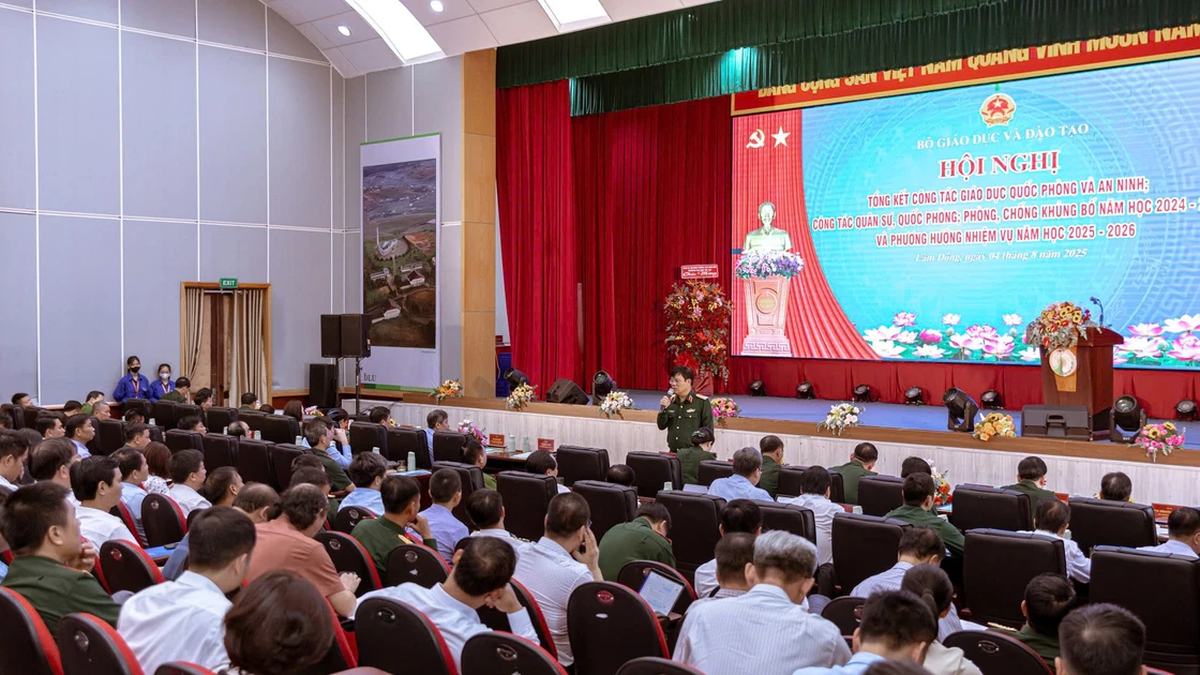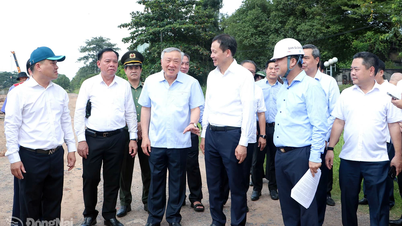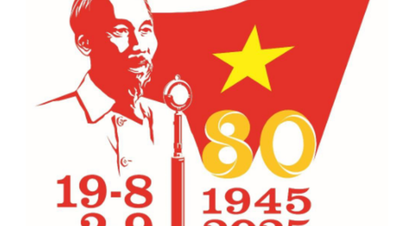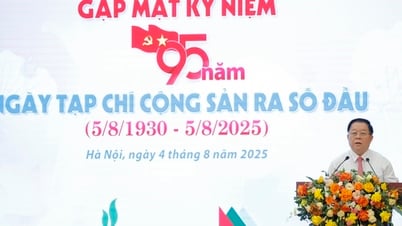The United Nations on March 12 announced an initiative to operate more effectively in the face of a funding shortfall exacerbated by President Donald Trump's new "America First" policies.
Launching a programme to mark the organisation's 80th anniversary, UN Secretary-General Antonio Guterres said the initiative was needed because resources had "decreased across the board".
“For at least the past seven years, the United Nations has been facing a liquidity crisis because not all member states have paid their (membership fees) in full and many have also failed to pay their contributions on time,” he explained.
The United States is the largest contributor to the United Nations, paying 22 percent of the organization's regular budget, but a UN spokesman said that as of the end of January, the United States owed a total of $1.5 billion.
In 2024, China, the second-largest contributor with a quota of 20%, did not pay its “dues” until late December last year.
Adding to the difficulties is the US administration's announcement that it will end most foreign humanitarian aid, much of which goes to running UN programs and agencies.
A senior UN official said the new initiative, called UN 80, was not a response to renewed US pressure, or at least not entirely so. But the official stressed that the audit was needed and the current circumstances added urgency to the process.
Asked whether UN 80 was similar to what the US Department of Government Efficiency led by billionaire Elon Musk has done, which has laid off thousands of government employees to cut spending, Mr. Guterres dismissed the comparison, adding that it was a "continuation" and "intensification" of ongoing processes.
He gave an example of the changes being made: some services provided by the United Nations Children's Fund (UNICEF) and the United Nations Population Fund (UNFPA) in New York are being moved to Kenya, where operating costs are lower. According to the UN chief, the organization's budget is not just a number on a balance sheet, it is a matter of life and death for millions of people around the world .
The internal working group, set up on March 12, will be tasked with finding ways to save money and increase efficiency in a number of areas. This will apply primarily to the UN Secretariat itself, which employed more than 35,000 people at the end of 2023. Recruitment at the agency has already been suspended.
All missions in previous UN General Assembly resolutions will be “scrutinised” for duplication or waste and eliminated. Mr Guterres said the organisation also needed “a strategic study on deeper, more structural changes and operational realignments within the UN system”.























































![[Maritime News] Two Evergreen ships in a row: More than 50 containers fell into the sea](https://vphoto.vietnam.vn/thumb/402x226/vietnam/resource/IMAGE/2025/8/4/7c4aab5ced9d4b0e893092ffc2be8327)











































Comment (0)